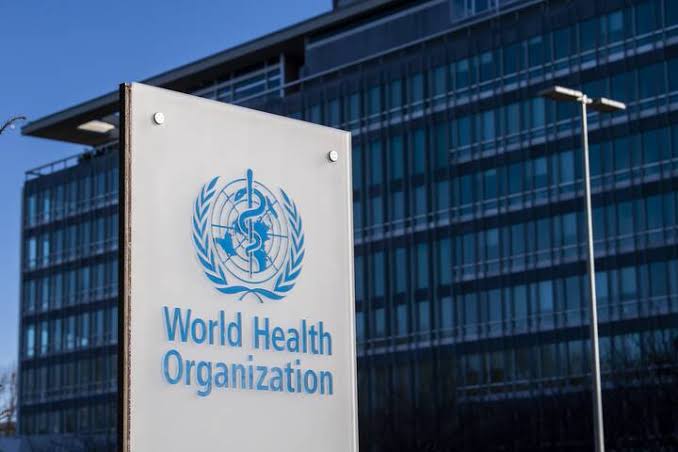The World Health Organization (WHO) has issued a stark warning about the persistent global tobacco epidemic, highlighting the urgent need for intensified tobacco control efforts in the face of evolving industry tactics. The 2025 report on the Global Tobacco Epidemic, released at the World Conference on Tobacco Control in Dublin, underscores the devastating impact of tobacco use, responsible for over seven million deaths annually, with a significant portion, approximately 1.3 million, attributed to second-hand smoke exposure. The report emphasizes the critical role of the WHO MPOWER measures, a set of six proven strategies designed to curb tobacco consumption and protect public health. These measures range from monitoring tobacco use and implementing preventative policies to offering cessation support and raising taxes on tobacco products.
Significant progress has been made since the implementation of MPOWER in 2007. The number of people protected by at least one MPOWER measure has surged from one billion to over 6.1 billion, representing three-quarters of the global population. Seventy-nine countries have adopted comprehensive smoke-free environments, encompassing a third of the world’s population. Notable strides have also been made in implementing graphic health warnings on tobacco packaging, making the detrimental health effects of smoking more apparent. However, the report reveals significant disparities in progress, with 40 countries yet to implement any MPOWER measure at the best-practice level and over 30 countries still permitting the sale of cigarettes without mandatory health warnings.
While the report celebrates the advancements achieved in tobacco control, it also acknowledges the persistent challenges posed by the tobacco industry’s adaptive strategies. The industry continues to find ways to undermine tobacco control policies, particularly in hospitality venues, highlighting the need for constant vigilance and proactive measures to counteract these efforts. Dr. Tedros Ghebreyesus, WHO Director-General, emphasized the importance of a united front, combining scientific evidence, effective policies, and political will to combat the industry’s influence and create a world free from the devastating consequences of tobacco.
The report highlights both successes and shortcomings in the ongoing fight against tobacco. Four countries – Brazil, Mauritius, the Netherlands, and Türkiye – have fully implemented the MPOWER package, setting a benchmark for comprehensive tobacco control. Seven other countries are on the cusp of achieving full MPOWER implementation, demonstrating the potential for widespread adoption of these life-saving measures. Despite these positive developments, gaps remain in the implementation and enforcement of tobacco control policies, particularly in low- and middle-income countries. The report calls for increased investment in anti-tobacco campaigns, noting that a significant number of countries have failed to conduct such campaigns in recent years.
A key area of progress highlighted in the report is the increased adoption of graphic health warnings on tobacco packaging. These warnings, a crucial component of the WHO Framework Convention on Tobacco Control, vividly depict the harmful effects of tobacco use, making it harder for consumers to ignore the risks. While this represents a significant step forward, the report also points out inconsistencies in enforcement and a lack of regulation regarding smokeless tobacco packaging. This underscores the need for stricter enforcement of existing regulations and the expansion of regulations to cover all forms of tobacco products.
The report, supported by Bloomberg Philanthropies, coincides with the 2025 Bloomberg Philanthropies Awards for Global Tobacco Control, recognizing governments and organizations that have made substantial contributions to reducing tobacco use. Michael Bloomberg, founder of Bloomberg Philanthropies and WHO Global Ambassador for Non-communicable Diseases and Injuries, emphasized the transformative impact of global tobacco control efforts since 2007, while acknowledging the considerable work that still lies ahead. The accompanying data portal, which tracks country-by-country progress on MPOWER implementation, provides a valuable resource for monitoring progress and identifying areas requiring further action. The WHO urges all countries to accelerate their efforts on MPOWER implementation, ensuring that everyone benefits from these life-saving measures and no one is left behind in the global fight against tobacco.


